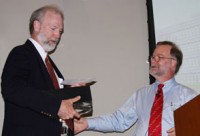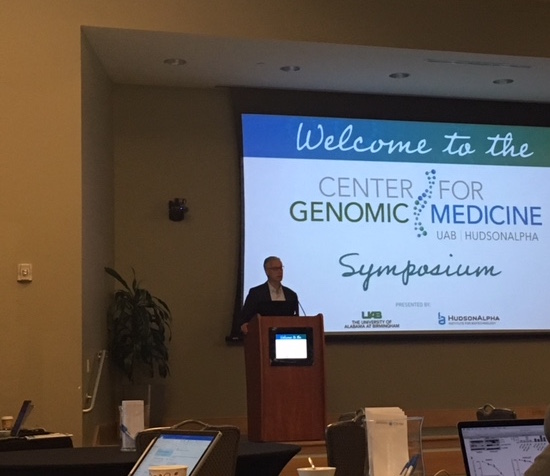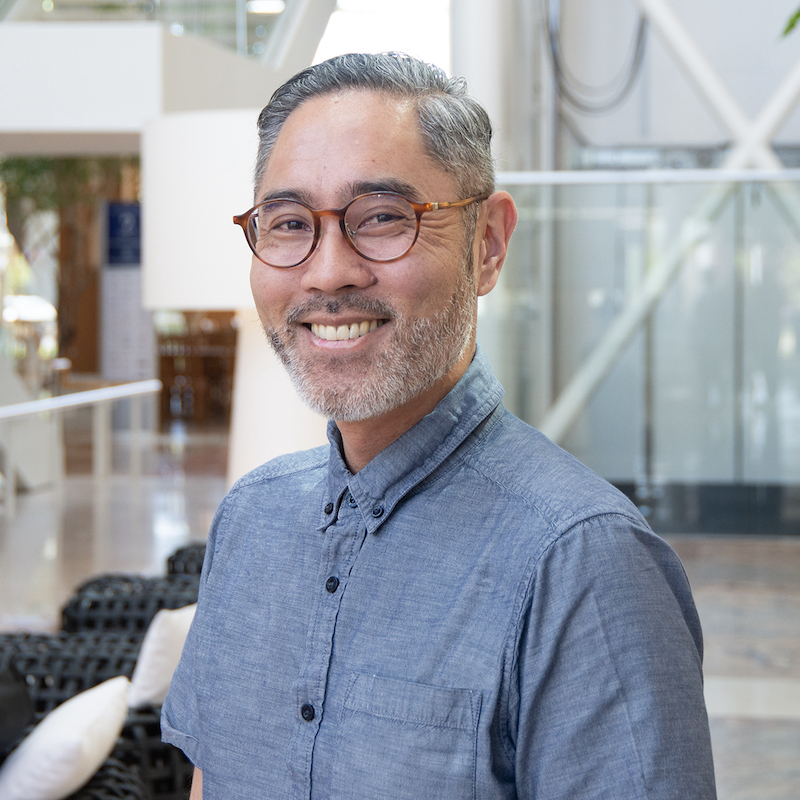Award recognizes T cell studies
Casey Weaver, M.D., University of Alabama at Birmingham professor of pathology, has been awarded the 2009 HudsonAlpha Prize for Outstanding Innovation in Life Sciences.
The prize, which includes a $20,000 cash award, salutes Weaver’s achievements in advancing understanding of immune protection and immune disease through T cell research.
According to Weaver, our bodies use T cells to protect against infections and cancer, but when T cells overreact and turn on the body, we see immune-mediated diseases such as rheumatoid arthritis, inflammatory bowel disease, lupus and multiple sclerosis. “Our studies have contributed to the identification of a new class of T cells, called Th17 cells, which are now recognized as important participants in a growing number of autoimmune diseases,” said Weaver.
“By understanding how this class of T cells develops and functions in normal and abnormal immunity, we hope to identify new approaches to curb these cell’s destructive potential as a means to treat patients who suffer from certain types of autoimmune disease and perhaps harness this potential to eradicate certain types of infections and malignancies,” he added.
The prize, in addition to recognizing exceptional talent and research of superior merit, aims to raise awareness of Alabama’s growing life sciences community. Presidents of Alabama’s six public research universities could nominate up to two teams or individual candidates from their respective institutions.
Richard Myers, HudsonAlpha Institute for Biotechnology president and director, presented the award. Myers acknowledged the pool of nominees reflected the high quality of scientific investigation that is ongoing at Alabama’s research universities.
The HudsonAlpha prize committee received its recommendations from a distinguished and impartial group of scientists who reside outside the state and who have no connections to participating universities.
Funding for the annual HudsonAlpha Prize for Outstanding Innovation in Life Sciences is provided through a grant by the Alpha Foundation.




